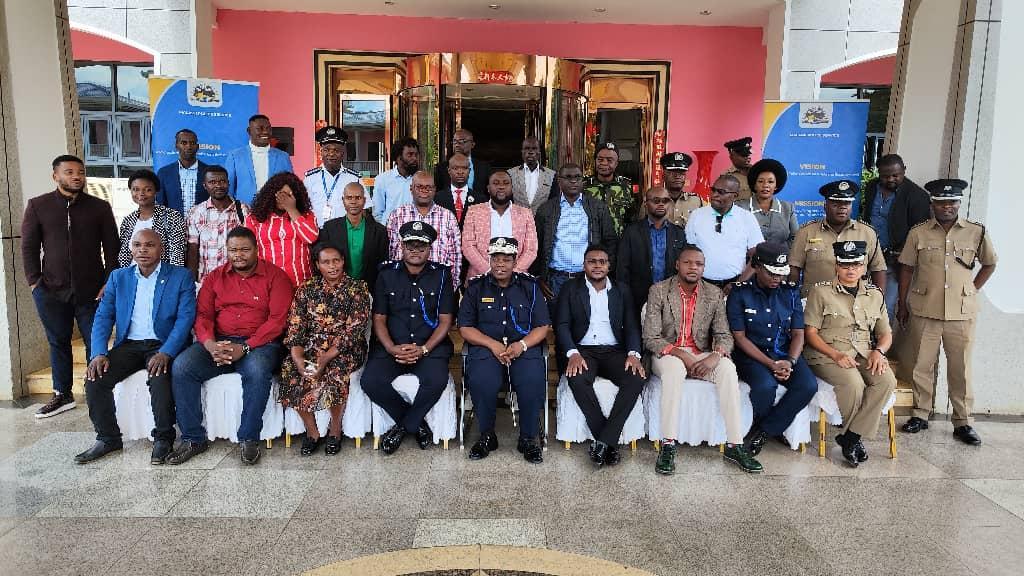Africa-Press – Malawi. As Malawi edges closer to the 2025 tripartite elections, the specter of politically induced violence continues to cast a shadow over the democratic process. In this context, the recent meeting convened by the Inspector General of Police, Merlyne Nachulu Yolamu, with Directors of Youth from 18 political parties is a timely and commendable initiative. However, the lingering question is whether such engagements can realistically curb political violence or whether they serve as mere symbolic gestures in a political landscape fraught with tension.
Madam Yolamu’s recognition of youth directors as influential figures within their respective parties underscores an important truth: young people are often at the forefront of political mobilization, both as participants and perpetrators. With Malawi’s youth forming the bulk of the population—and many grappling with unemployment and disillusionment—political parties often exploit their energy and frustrations to gain political mileage. The country has already seen disturbing incidents, such as the undressing of women for wearing opposition party regalia, which reflects a deeper culture of intolerance and political aggression.
While the Malawi Police Service is constitutionally mandated to be a neutral arbiter of law and order, its track record during politically sensitive periods has not always inspired confidence. Allegations of selective enforcement and perceived bias in favor of ruling parties have, over the years, eroded public trust. IG Yolamu’s call for peace and dialogue, therefore, must be backed by visible, consistent, and impartial action. Without this, appeals for nonviolence may fall on skeptical ears and fail to deter potential offenders who feel protected by political power.
Equally complex is the role of political party youth directors. In theory, these individuals wield influence within their parties. In practice, however, they often operate under the tight control of senior party officials. If party leadership subtly endorses violence or turns a blind eye to it, youth directors are unlikely to challenge that status quo. Yolamu’s urging for youth leaders to act as role models is well-intentioned, but it assumes a level of autonomy and moral authority that many may not possess. True leadership in this area must come from the very top of each political party, with firm directives, reinforced by action, that violence will not be tolerated.
Dialogue is certainly a step in the right direction, but it is not enough. Malawi has seen similar meetings and peace pledges in past election cycles, only to witness flare-ups of violence when tensions rise. What is missing is a culture of accountability. Unless perpetrators of political violence—regardless of party affiliation—face swift legal consequences, the cycle of impunity will continue. Civic education, too, must be amplified to instill values of tolerance and democratic participation, especially among the youth who are most susceptible to political manipulation.
For Malawi to achieve peaceful elections, political parties must go beyond rhetoric and commit to binding codes of conduct that are monitored and enforced. The police, for their part, must act decisively and fairly. Youth engagement must also transcend politics, offering young people real opportunities and alternatives to partisan mobilization.
In conclusion, while the initiative by the Inspector General to engage youth directors is a positive gesture, it alone cannot curb politically induced violence. Lasting peace will depend on a broader commitment to justice, accountability, and genuine political reform. Only then can Malawi navigate the road to elections with unity, dignity, and peace.
For More News And Analysis About Malawi Follow Africa-Press






